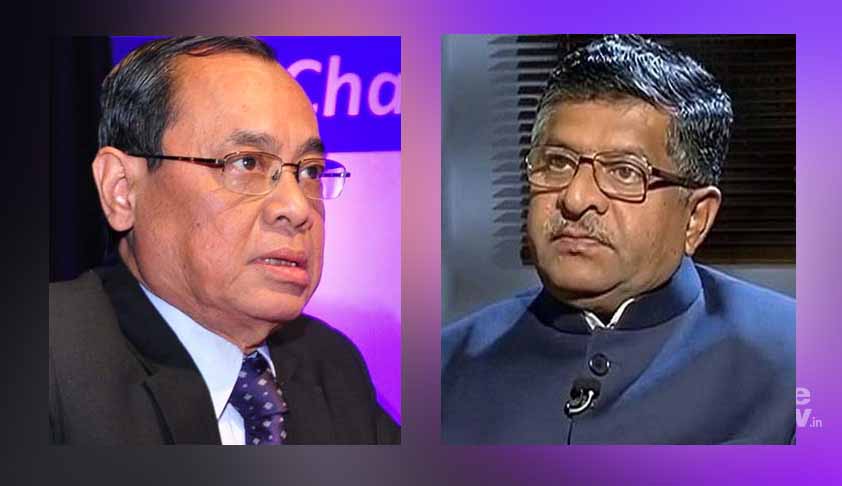Union Minister for Law and Justice Mr. Ravi Shankar Prasad on Monday addressed a press conference on the key initiatives taken by the Government during the four years that it has been in power.Speaking to the gathering, Mr. Prasad clarified the Centre's stand on the appointment of Justice Ranjan Gogoi as the next Chief Justice of India (CJI), saying there is no reason to doubt...

